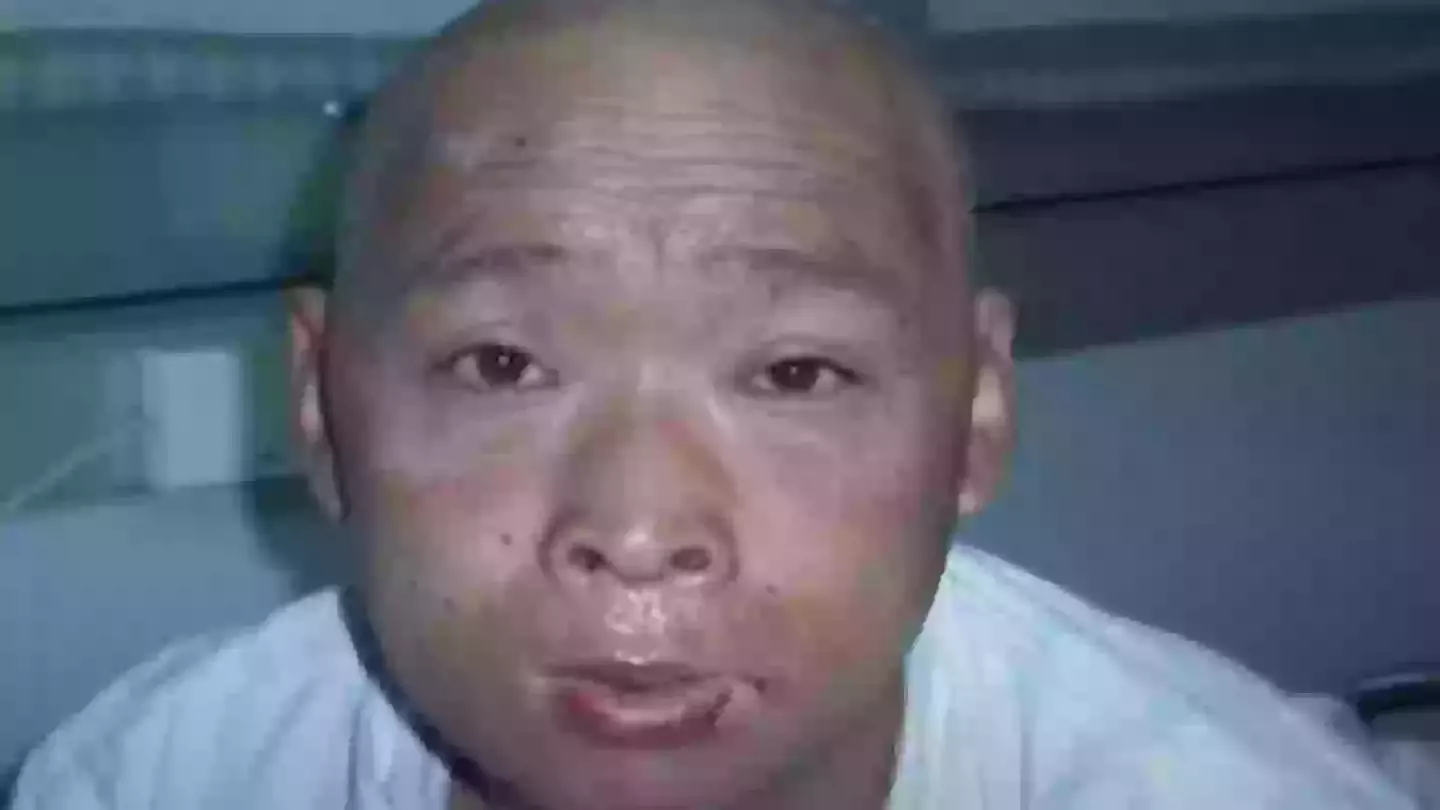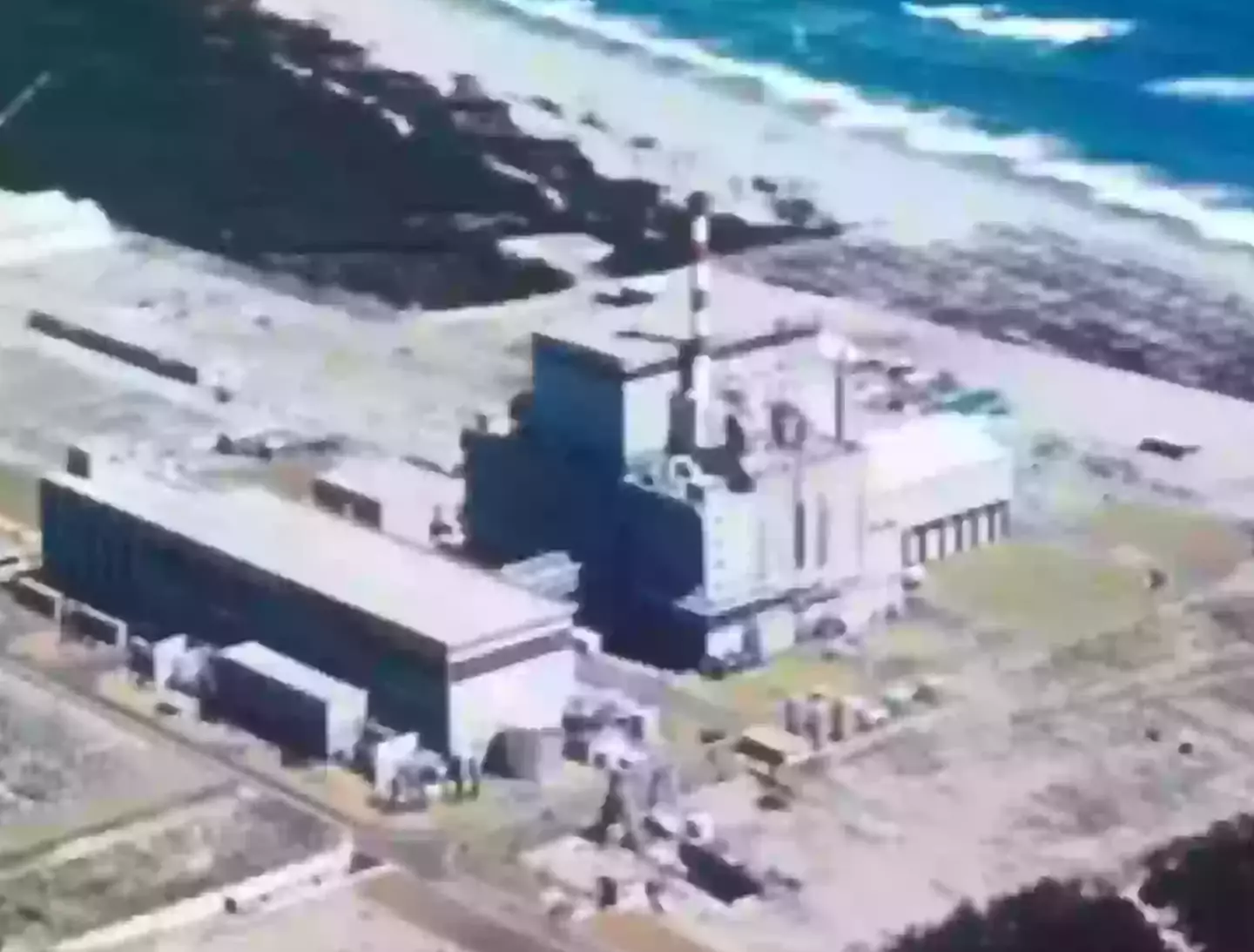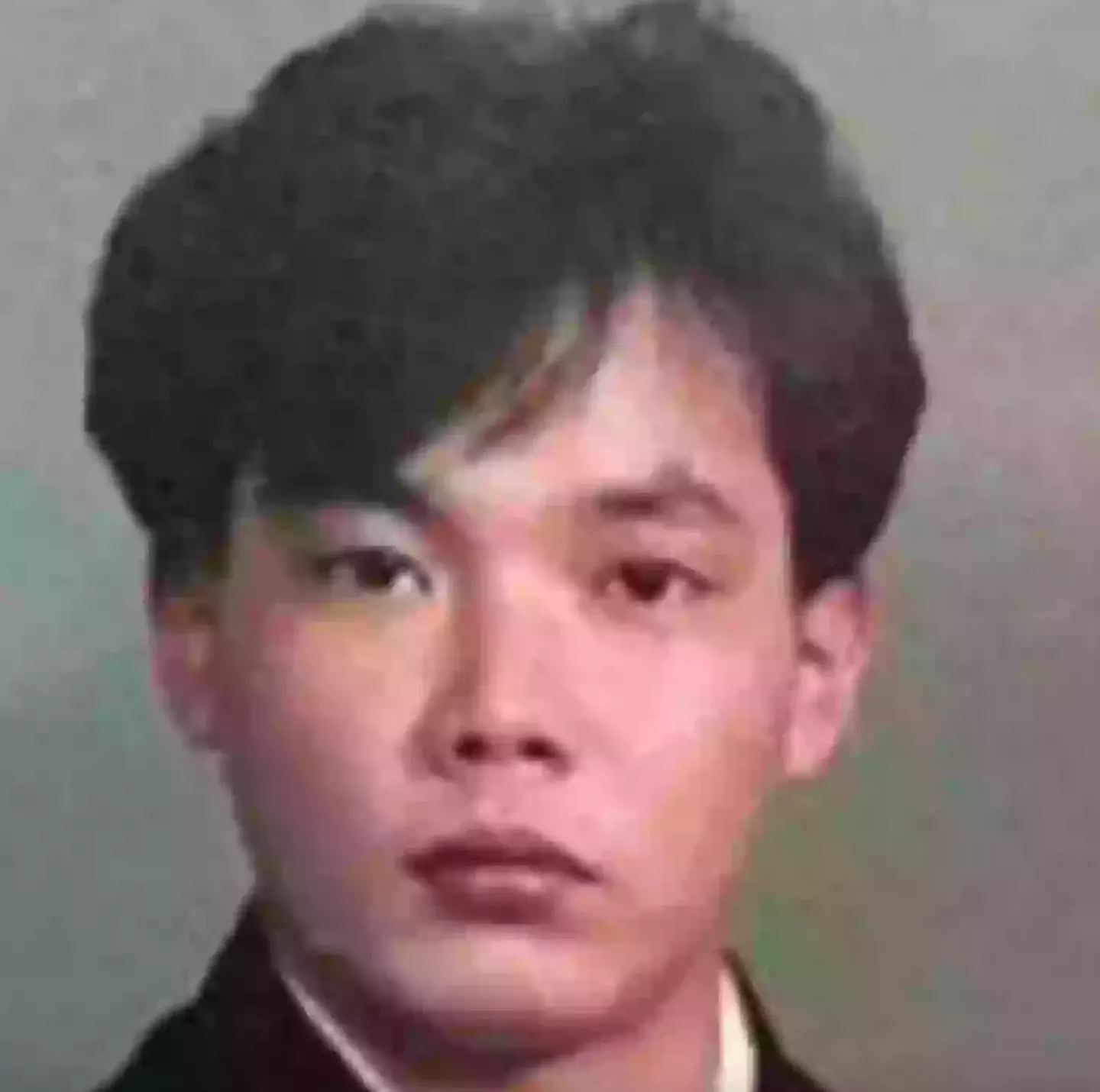
The most irradiated human in history suffered one of the most painful deaths ever.
Hisashi Ouchi worked at the Tokaimura Nuclear Power Plant, and on 30 September, 1999, his life, and how power plants over the world operated, would change forever.
The Japanese power plant worker was one of three men who were part of new measures put in place by the plant to streamline processes, cutting out some steps along the way.
This would lead to disaster.
Advert

Ouchi, along with colleagues Masato Shinohara and Yutaka Yokokawa, were tasked to mix uranyl nitrate inside a big metal vat, a hazardous task.
Instead of using the automatic pump, they would use their hands, and following a miscalculation, the group would use 16kg of uranium, a huge 13.6kg over the limit.
In a blue flash, damgerous amounts of radiation and gamma rays were released into the atmosphere, with the trio getting the brunt of it, as Yokokawa, who was the furthest away, absorbed 3,000 millisieverts (mSv) of radiation.
Anything over 20mSv of radiation in a year is dangerous, and while Shinohara absorbed 10,000 mSv, Ouchi absorbed 17,000 mSv, as he was by the tank.
The infamous Chernobyl nuclear disaster caused emergency responders to absorb just 20 to 500 mSv - still dangerous, but nowhere near as severe.
5,000 mSv is considered a fatal dosage.
Ouchi would be transferred to a hospital in Tokyo, where he would be kept alive for 83 days while in excruciating pain.

His health deteriorated rapidly, as his white blood cell count plummeted, though doctors kept trying to save his life despite his pleas.
Ouchi would even have three heart attacks on his 59th day.
After skin grafts, blood transfusions, and stem cell transplants, he passed away from multiple organ failure, aged just 35.
But following this horrible event, which caused the worker to violently vomit in the days after, what changed when it came to handling radioactive substances?
In Japan, nuclear safety regulations were updated, with protective gear made mandatory and worker training prioritised at facilities across the country.
One of the first changes at Tokaimura Nuclear Power Plant particularly, was the requirement for better training in handling nuclear materials.
Many workers were not properly trained in this, as plants would mandate training programs.
Strict safety protocols were also put in place, which included automated systems to handle radioactive matter, turning away from manual operations, and not letting human error be a factor again.

Quicker emergency response plans were also put in place following the incident, with facilities required to update emergency procedures.
This included evacuation plans and drills, to handle any potential future mishaps.
The Nuclear Safety Commission, among other organisations in Japan, were given the authority to enforce safety standards following a review and restructure of regulatory bodies.
Laws were also brought in to have better control in using nuclear materials, aimed to decrease the chances of accidents in the future.
Other countries would follow suit and update their safety protocols, as international regulatory bodies would use the findings from the Tokaimura incident to improve their guidelines.
More scientific research has gone into radiation exposure since, including into treatments and better technology, as those in the science community have strived to improve safety in the nuclear industry.
Topics: Community, Environment, Health, Science, Technology, World News